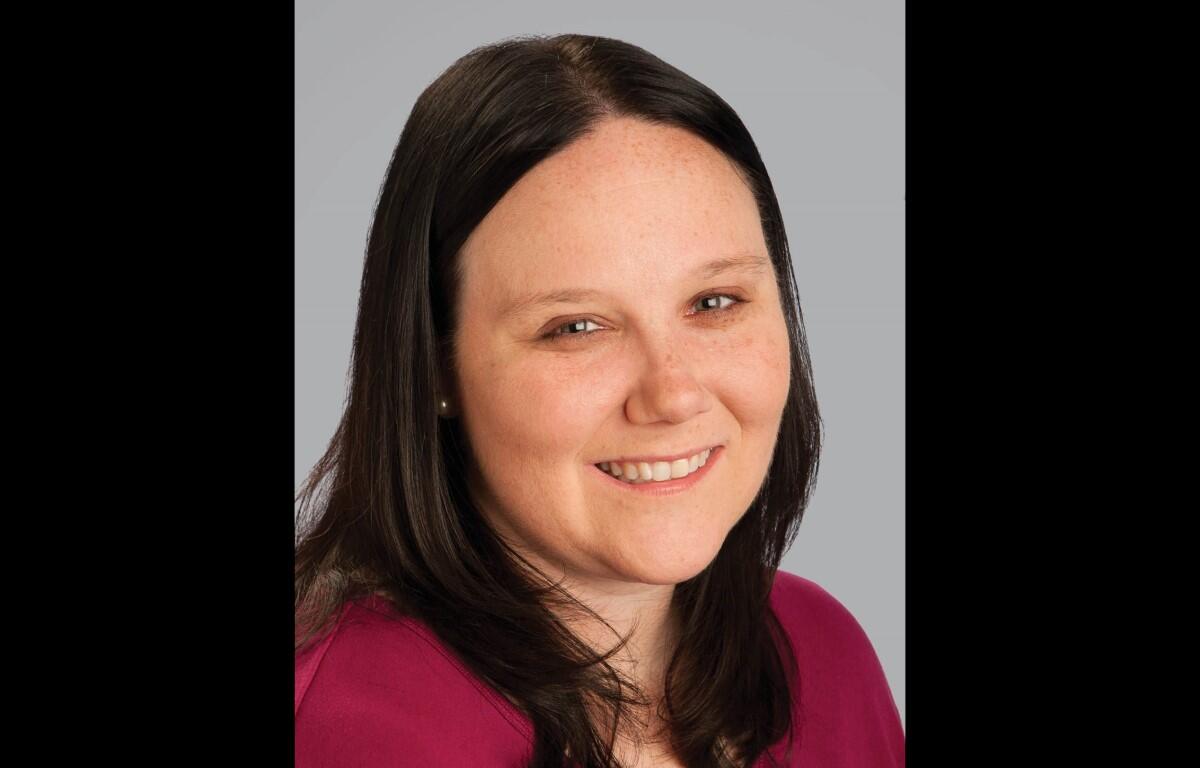Contributed commentary by Legal Aid Society, Rachel Moses:
With the school year now underway across Middle Tennessee, many parents are eager to watch their children learn, achieve and thrive over the coming months.
But every student’s educational journey is different, and some may need individualized services or accommodations to flourish in a public school setting. These services can include specialized equipment or materials, one-on-one instruction, counseling, interpreters, or occupational and physical therapy.
Parents have the right to ensure their children receive a quality education and that they themselves are treated fairly by the school. Sometimes, navigating that process requires legal support. At Legal Aid Society of Middle Tennessee and the Cumberlands, we help low-income families advocate for their children’s education, which can include gaining access to special education services.
Here’s more about how we can help.
Learning disabilities
Students with learning disabilities – conditions that affect how the brain processes information – may need different accommodations than those with physical or psychological conditions, but all are protected equally under the law.
Some students show disruptive behaviors in the classroom that may be linked to a learning disability, a neurodevelopmental disorder such as autism or a medical condition like ADHD. When children struggle to concentrate, experience sensory overload or have difficulty understanding the material, they’re less likely to stay engaged and more prone to hyperactivity.
Teachers sometimes try to correct students’ problematic behavior by taking away privileges like recess or, in more serious situations, suspending the student. With older students, emotional outbursts can lead to physical incidents that require the involvement of a school resource officer or even the juvenile court system. Our role is to help prevent these incidents while protecting each child’s rights so they can concentrate on academic learning.
Medical situations
Sometimes a student may have a medical condition that requires accommodations under the law, such as regular insulin injections for diabetes. We can help families and schools create medical plans to ensure daily needs are met, and establish contingency plans in case a student requires urgent medical attention.
Psychological situations like depression or anxiety can also affect a child’s behavior or cause them to skip classes. We can advocate to get them extra time on tests, preferential seating, modified assignments or a quiet space for breaks. School-based mental health services can also be provided to students who need them.
Developing a plan
When we’re brought in to assist, we often request a comprehensive psychoeducational evaluation by a school psychologist, which determines whether a child can receive special education.
If a student is determined to be eligible, we work with parents and educators to develop an individualized education plan (IEP) that can include tailored services or additional support for the student. If the student is determined to not need special education, they may still be able to receive certain accommodations or modifications under another federal law, Section 504.
Collaborating toward solutions
As we work with parents and students, we recognize the difficult position many schools face. Chronic underfunding has long strained districts, and Tennessee’s new voucher expansion could deepen the problem by directing public dollars to private tuition instead of public education.
Budget pressures often push schools toward cheaper but less effective solutions. However, over time, I’ve noticed more empathy toward students from educators themselves, likely due to a better understanding of their underlying challenges. While individual teachers aren’t in a position to decide whether extra classroom support is provided, they’re often appreciative when we step in to help.
In the end, we have the same goal as educators and parents: We want to see students succeed. If your child is struggling at school and may qualify for special education services, Legal Aid Society might be able to help. Please call us at 1-800-238-1443 to learn more.
Rachel Moses


